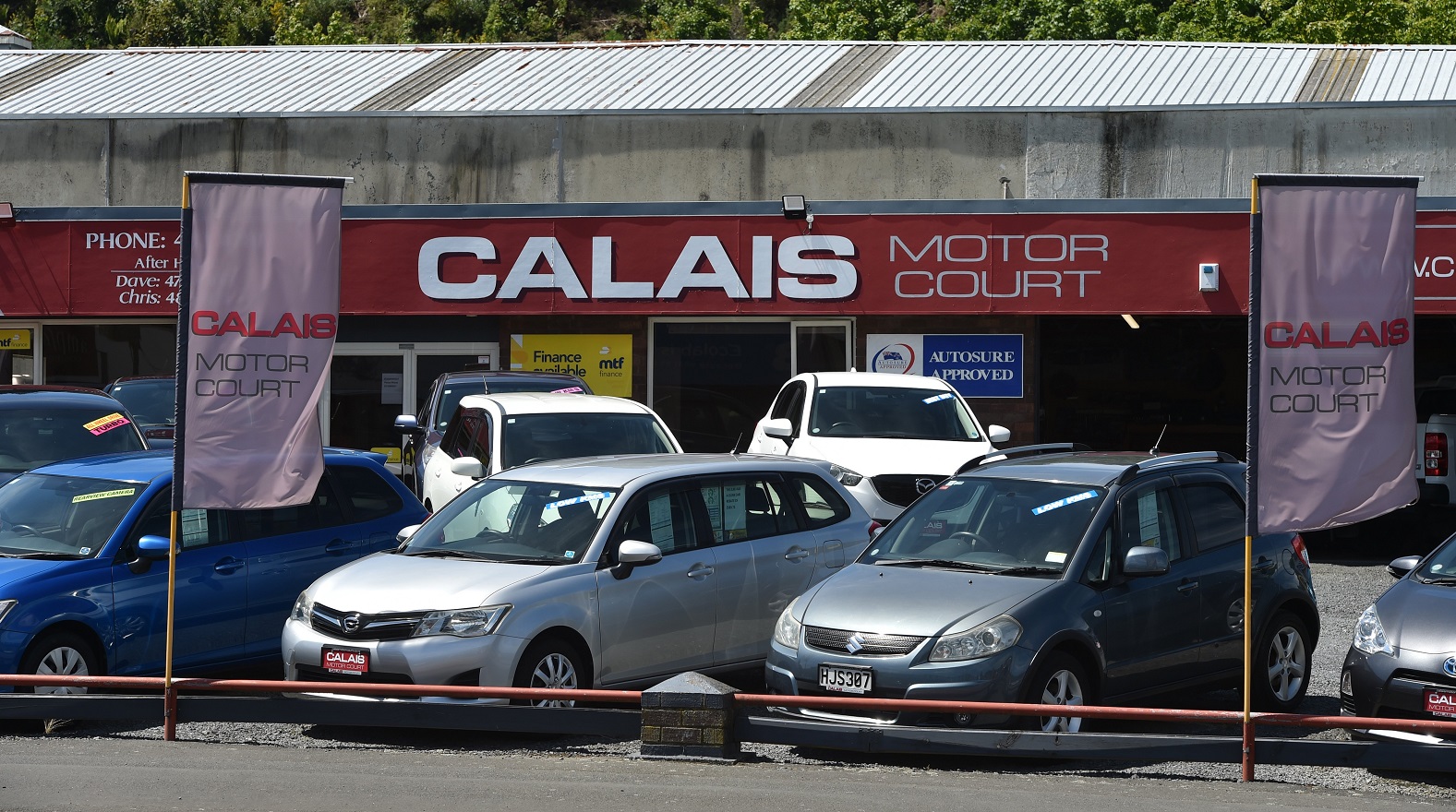
Calais Motor Court’s Dave Brown said he did not expect to be in this position after 35 years in business, but regulations introduced on April 1 this year had affected the industry.
"Things are pretty grim," he said.
Charges are now imposed on high-emitting vehicles, while rebates are given to low-emitting ones.
Mr Brown said it had become too difficult to import cars, as the costs were climbing and the economy was not in good shape.
It now cost $3000 to register a Nissan Caravan commercial van, whereas a year ago it would have cost $238, he said.
This was an "attack on tradesmen", he said.
He did not believe the rebate scheme was a good one, because suppliers in Japan had raised their prices correspondingly.
New Zealanders were not into electric vehicles, despite what the Government thought, he said.
SGB Motors managing director Shaun Blondell believed electric and hybrid vehicles were becoming more popular, but also attributed the impending closure of the business to the new regulations.
It was unrealistic to expect people to pay an extra $2000 or $3000 in registration and other costs for a $10,000 car, he said.
"It’s just too hard with the Government’s rules and regulations with the importing taxes.
"I’m over it."
The Ministry of Transport website states the charges act as a disincentive to buy high-emission vehicles and will fund rebates for zero and low-emission vehicles.
"Transport emissions are the fastest growing source of greenhouse gas emissions in New Zealand and account for 20% of all the emissions we produce," the site stated.
The closures in Dunedin come as the industry appears to be shrinking New Zealand-wide.
An Autofile report states there were 2985 dealers on the Motor Vehicle Traders Register throughout the country at the end of October, 61 fewer than at the same time last year.
It was the first time the figure, largely in decline since a high of 3536 in 2017, had fallen below 3000, the report said.












